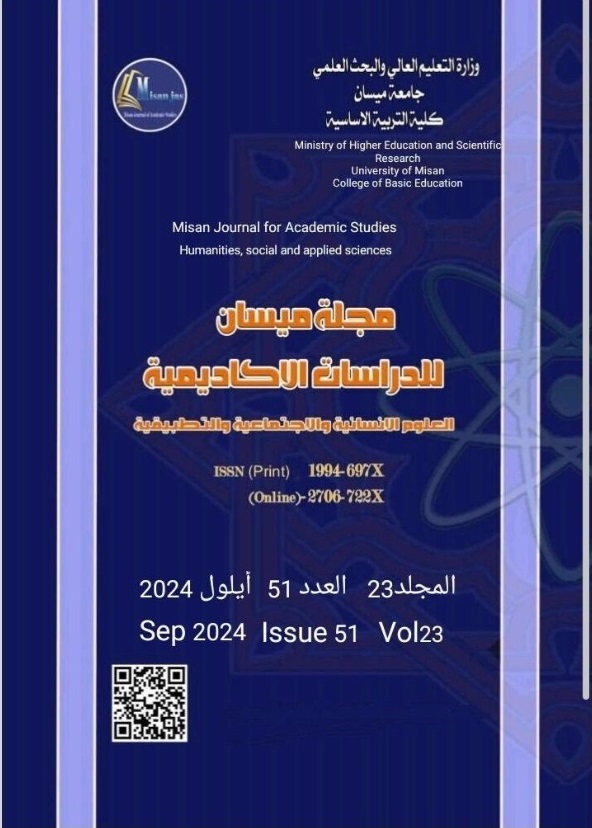Effect of Immersion Time of a Hydrogen Peroxide and Vinegar Mixture Solution on the roughness of Heat-cured and CAD/CAM Polymethyl Methacrylate Resin
Abstract
background: Several studies have confirmed the antimicrobial effect of a mixture solution composed of hydrogen peroxide 3% and vinegar 4% (HPV) as a disinfectant solution used for Polymethylmethacrylate (PMMA) denture base. Immersing dentures in this solution may result in alterations to the physical characteristics of PMMA. This in vitro study was conducted to examine the effect of different immersion times of HPV on surface roughness of heat cure and computer-aided design/computer-aided manufacturing (CAD/CAM) PMMA. Material and methods: 60 PMMA samples were prepared and divided equally according to two different types of PMMA materials: a) heat cure (H) and b) computer-aided design/computer-aided manufacturing (CAD/CAM) (A) PMMA. Each type was subdivided into three groups (10 samples for each) according to immersion time in the HPV mixture prepared with a ratio of (1:1); the control group was not immersed (H0 and A0), the second group was immersed for 90 days (H1 and A1) and the last group for 180 days (H2 and A2). Each group was examined before and after two immersion times with surface roughness measured by a portable roughness tester. The collected data were analyzed using Shapiro-Wilk for normality test and statistically analyzed with Two-way ANOVA. The data were considered statistically significant when P≤ 0.05. Results: statical analysis shows the highest surface roughness mean value was observed for the heat cure PMMA group (0.141). Statistical analysis showed no significant changes in the two immersion times (90, and 180 days) for both materials. Conclusions: The study concluded that HPV could be used as an alternative disinfectant solution for heat and CAD/CAM PMMA without promoting deleterious effects on surface roughness
Downloads
Copyright (c) 2024 (Humanities, social and applied sciences) Misan Journal of Academic Studies

This work is licensed under a Creative Commons Attribution-NonCommercial-NoDerivatives 4.0 International License.
The copyright is also the copyright of the magazine only.
All articles published in our magazine are subject to license terms
Creative Commons Attribution(CC BY-NC-ND 4.0) This license permits the content to be reproduced, redistributed and reused in whole or in part for any purpose free of charge, without any permission from the author(s), researcher or student.
Works submitted to Maysan Journal of Academic Studies for publication in the journal (CC BY-NC-ND 4.0) license terms. Where available content can be shared, distributed and replicated provided there is no commercial profit and appropriate credit must be given to the original source through sources or citations. It is mandatory to review any material used from other sources including shapes, tables, and images for re-use under the terms of the Creative Commons License (CC BY-NC-ND 4.0).Provided that there is no modification to the original content



